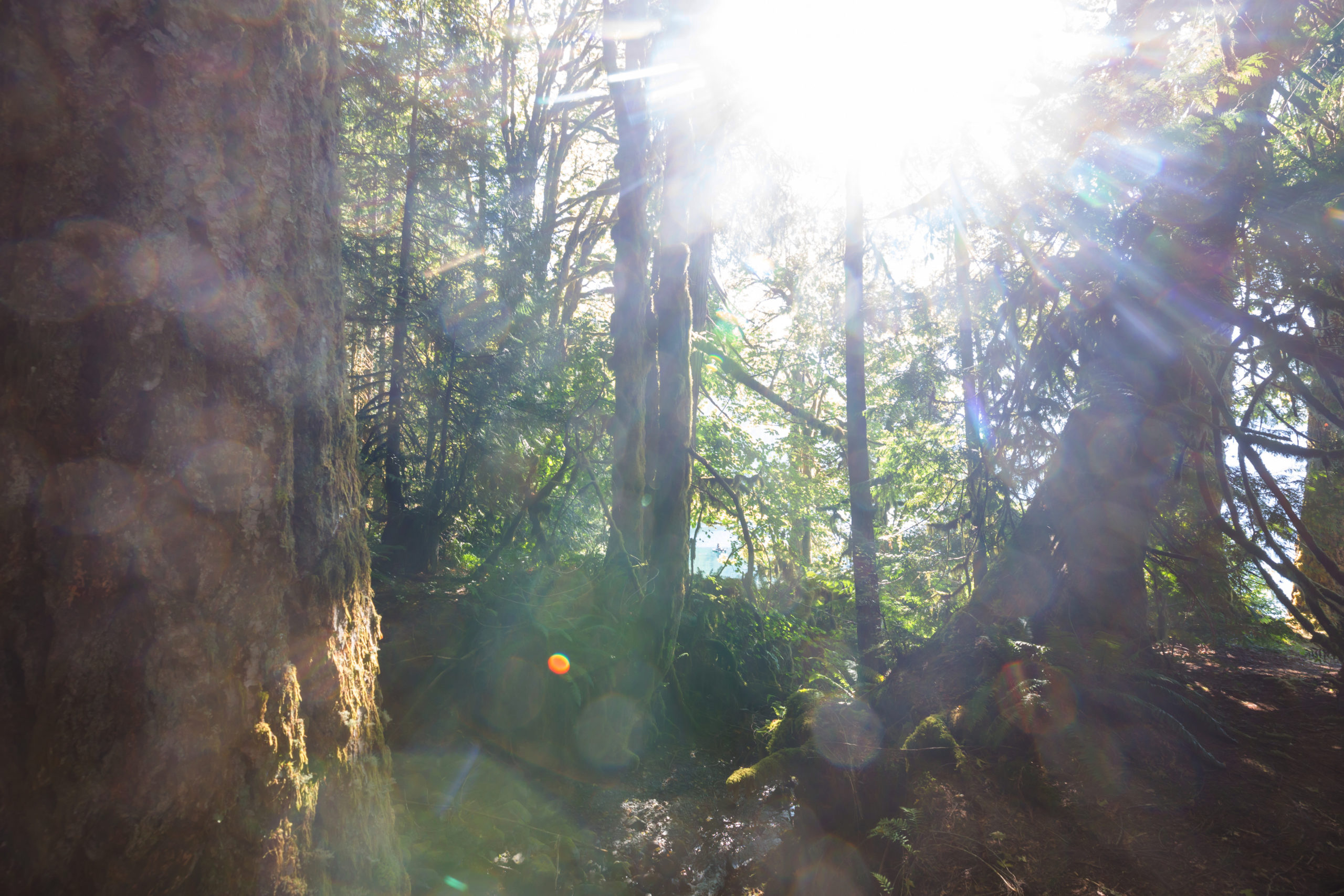Forests make up a big part of the planet’s land area—in fact, they cover over 30% of it. However, while this number seems significant, it is dropping fast. The rate at which forests are disappearing is unbelievable. According to the World Counts Organization, in the past forty years alone, we have lost forestry area estimated to be as large as the size of Europe. A lot of work needs to be done to conserve our forests. So today, on World Forestry Day 2021, we invite you to discover what you can do to help save them.
There are three different types of forests on our planet: temperate, tropical, and boreal. Tropical forests, which are typically found along or near the equator, are those most at risk. Brazil, which is home to the Amazon Rainforest, has the highest rates of deforestation with over 1.3 million hectares every year. At this rate, the world’s rainforests could disappear in just a century.
These are unfortunate facts, as forests are absolutely vital to this planet. They provide a habitat to many living beings, from sloths to different kinds of fungi. They also help protect our planet from the dangers of global warming by absorbing and storing carbon dioxide and other greenhouse gasses. Additionally, many people rely on them for food and shelter. And in terms of mental wellness, there is nothing like a refreshing weekend escape in the mountains with a tent and a sleeping bag.
Although it is known for its hot weather and dry desert, about 30% of Arizona’s land is actually made up of forestry. These ecosystems are not only an integral component of our world, but more specifically, our state too.

“[Forests] are a major source of our drinking water and our watersheds,” says Brady Smith, the public affairs officer for the Coconino National Forest. “Beyond that, they’re places for wildlife habitat, and they provide opportunities for a lot of different things, recreation among them. They help support communities around them, as well.”
Forests are more than beautiful landscapes. But sadly, according to the World Wildlife Foundation, around 15 billion trees are being cut down every year.
One of the main reasons for deforestation is food production. Forests are cleared to make way for lands in which to cultivate soybeans, palms, and even grow farm animals. The high demand of cheap meat highly contributes to global deforestation.
Another reason is illegal logging. Occuring in countries all across the globe, the illegal harvesting of wood is unsustainable and harmful. And sadly, many consumers of this product are large markets, such as the U.S. and the U.K. This strokes the fires of the practice and assures its continuance.
“Without forests we will not have [valuable] resources that help purify our air and water,” says Smith. “[They’re] an integral part of the ecosystem (..). They all play a piece of the puzzle that makes this whole picture beautiful.”
So, what is being done on the other side of this war?
Fortunately, there are many organizations fighting this phenomenon. These include the World Wildlife Foundation, Amazon Watch, Conservation International, Rainforest Alliance, among others.
These organizations look to protect the forests of the world by encouraging sustainable solutions to protect our forests, including active fieldwork and campaigning, and helping pass useful government legislations. If it weren’t for the important work these organizations have done over the past couple decades, deforestation and its effects would be worse.
For this reason it is important that one supports these organizations by either donating valuable resources or by donating time. Most of these offer volunteer programs through which people can get involved.
“[People] can contact the National Forest volunteer coordinators,” says Smith. “We work in conjunction with partners such as Friends of the Forest and other organizations, so we will call upon the volunteers to help us out with different projects (…).”
Additionally, there are things we could do in our daily life to support this important cause.

Smith says that people should always remember the ‘Leave no Trace’ principle when visiting a forest. Protecting the forests we step foot on is a great way to ensure their conservation. “If people can practice leaving no trace ethics, that would go a long, long way in helping preserve our forests.”
Other things we can do is helping plant trees, either by our own efforts or by supporting local forestation movements. We can also try to be more digital-friendly by reducing the amount of paper we use at home and in the office. We could also buy recycled paper products, and then re-recycle them once used. It’s also important to consume from companies that are committed to helping the movement.
However, one of the most important things we can do is raise awareness. Talk to your social circle about the issues and encourage them to make the necessary changes in their own lives. Education is the first step in change. You could post about it on your social media platforms or even talk to your friends about it next time you get together for coffee. It’s as easy as that. If everyone starts caring about the problem, more solutions will come.
So on this World Forestry Day, gear up and hit the mountains. And while you’re there, reflect on the beauty of creation, and think about what you can do in your life to protect the forests.
Keep up with all of Green Living‘s original content online and on social media.






